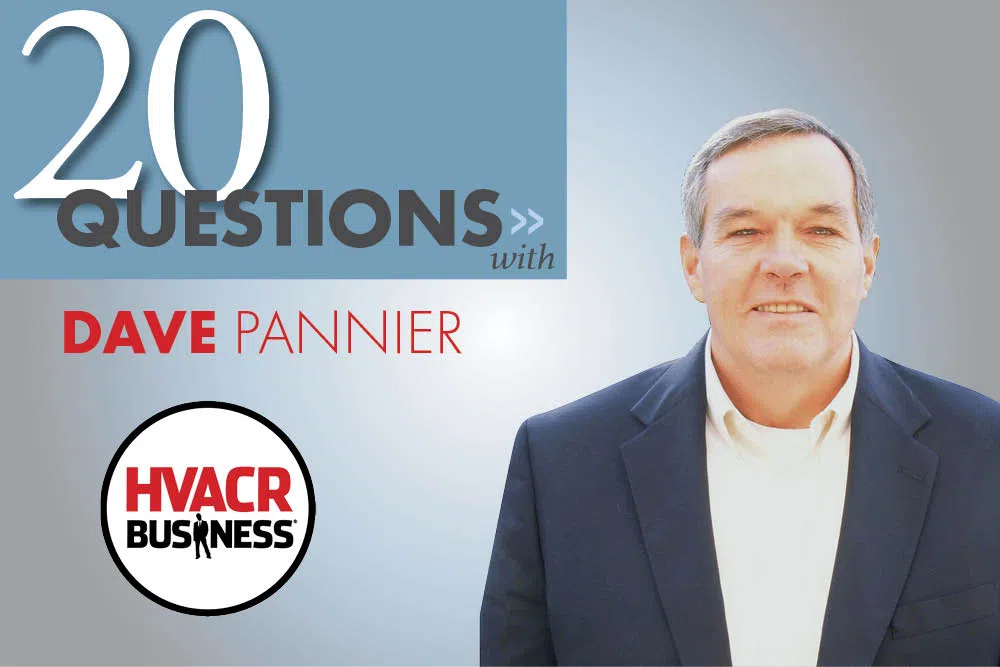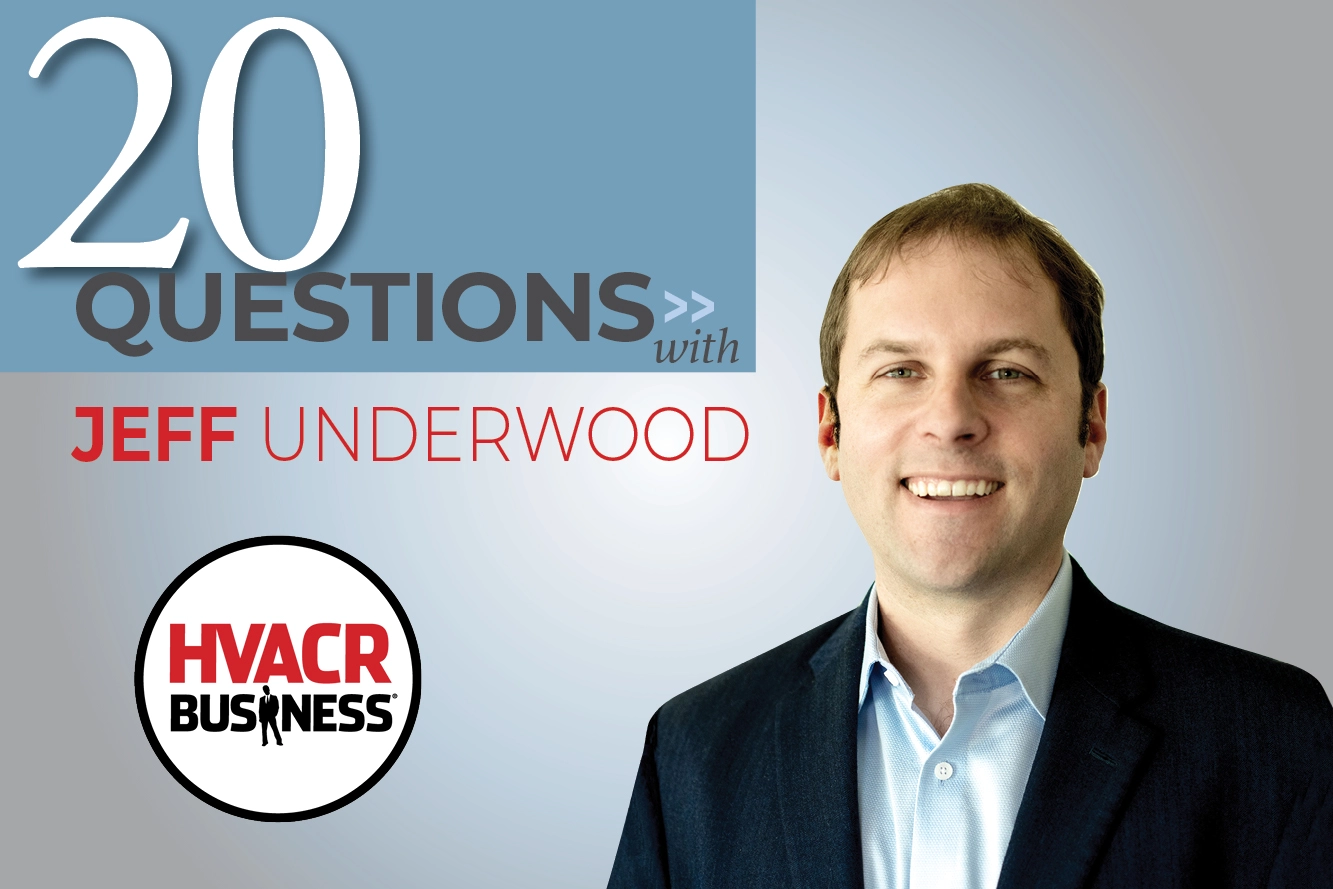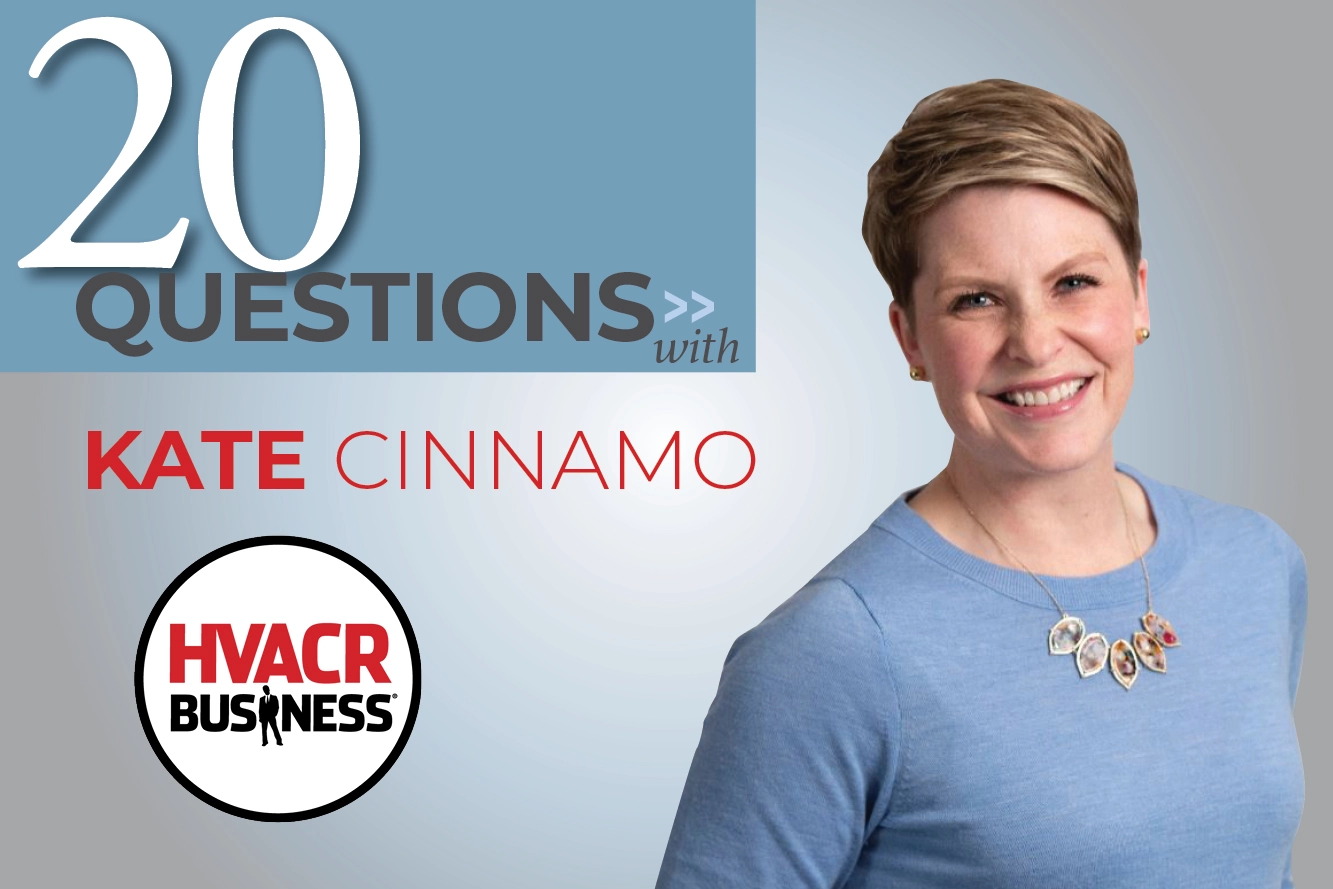Publisher Terry Tanker met with Dave Pannier, President, Trane Residential Systems, at the division headquarters in Tyler Texas. They discussed managing in a downturn, leading change and the importance of open communication.
1. Would you say your recent leadership theme over the past couple of years has been change?
Certainly. We have dealt with several significant events between the downturn in the economy, our acquisition by Ingersoll Rand, and other changes in our business.
2. In what ways has the acquisition been encouraging?
The acquisition has felt more like a merger than an acquisition. Ingersoll Rand has been very welcoming. They've been interested in what we bring to the table and have been open to adopting some of those best practices. There is also a synergy in that our values are very compatible.
3. What makes an acquisition unsuccessful?
The clashing of cultures. While our cultures aren't perfectly aligned, there are far more similarities than differences.
4. How does change affect how you manage?
Managing through change requires an open mind and open communication. We must keep an open mind to new ideas, approaches and solutions. As for communication, you have to provide the opportunity and the forum to address questions, concerns and opportunities.
5. How have you done this?
From a communications standpoint, we conduct quarterly business-wide town hall meetings, and monthly "skip-level" sessions, monthly written updates and I spend time in our field locations as often as I can.
6. When did the changes begin at Trane?
The acquisition was announced in December 2007, so "change" was certainly top of mind as we started 2008. As far as changes related to the economy, we made some small initial adjustments as soon as we started to see the economy turn. When we realized the downturn was likely to persist longer, we began to restructure more significantly.
7. When did you first see signs that the economy was going to be a problem?
We started to feel it in 2006. However, based on 2005 activity, we anticipated 2006 was going to be a slow year.
8. Do you have leading indicators that you pay attention to?
Yes, for example, we look at new housing starts and completions, and residential fixed investments. But even more importantly, we have a very sophisticated forecasting model we've developed over the years.
9. How important is the ability to forecast your business?
It's extremely important. If you can anticipate what's coming, then you can take action as it's necessary to minimize any negative effects on your business.
10. What's different about this downturn than ones you have experienced in the past?
The biggest differences are the duration, depth and global aspect.
11. What will be your focus in 2009, 2010?
Preparing for when the market comes back. We continue to make investments in innovation with regard to creating value for both our contractor customers and the end consumer. You can't stop doing that. If you stop investing when times are tough, then you'll find yourself behind the curve when conditions improve. You can't afford to do that. So business is always a function of prioritization — you have to work on the right things at the right time, that's even more important when market conditions are tough.
12. How do you approach the daily management challenges that often morph into a management grind?
I surround myself with people who have the right skills to do the job, I give clear direction in terms of where the business is going and how fast we need to get there, and then I stay out of their way. You have to trust people for the expertise for which you've hired them.
13. What is your management philosophy?
I try to model the wisdom of a Chinese philosopher who has said of leadership: The wicked leader is he who the people despise. The good leader is he who the people revere. But of the best of leaders, when the job is done, when the task is accomplished, the people will say "We have done it ourselves."
14. What are your management strengths?
Developing buy-in, motivation, and building a positive culture.
15. You have remained in Tyler, Texas, rather than moving to the company headquarters in Piscataway, NJ. Do you feel that your location is important?
The fact is, a person can be a much more effective leader of a business if they're close to the action and where the decisions need to be made. While I office in Tyler, I work hard to stay in touch with our offices, operations and customers throughout the country. Whenever I have the chance, I meet with our folks whether it's here or in the field.
16. What advice do you have for contractors to help them become better business operators?
Keep the customer as the focus, don't be afraid of technology, and continue to develop people with the right skills to navigate new technologies.
17. Why did you stress technology?
Technology has been relatively slow to change in our industry. However, I believe technology is going to change much more quickly over the next ten years than it has in the last thirty years. I think a lot of it will deal with embedding sensors, controls, software systems, and creating intelligent systems. Contractors should not be afraid of these changes because the developments can make their jobs easier from an installation standpoint, as well as from a diagnostic point of view.
18. Why is the relationship between the manufacturer and the contractor critical?
As manufacturers, we can design and build high-efficiency systems, but it's imperative that our products are in the hands of contractors who have the right skills and knowledge to deliver real value to the consumer.
19. Do you have a product in the pipeline that you think will be a market changer?
Yes, several. But if I told you, I'd have to kill you! More seriously, we expect to share more information in the coming months.
20. We all read about the many CEOs that let their egos go unchecked. How do you keep yourself grounded?
I play tennis with my wife. I rarely win!






